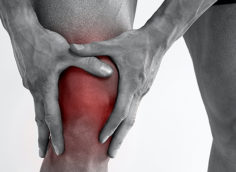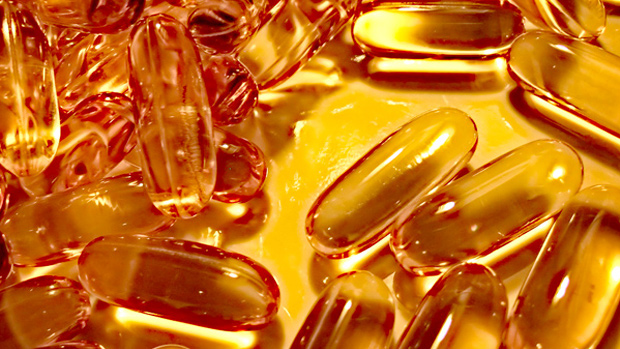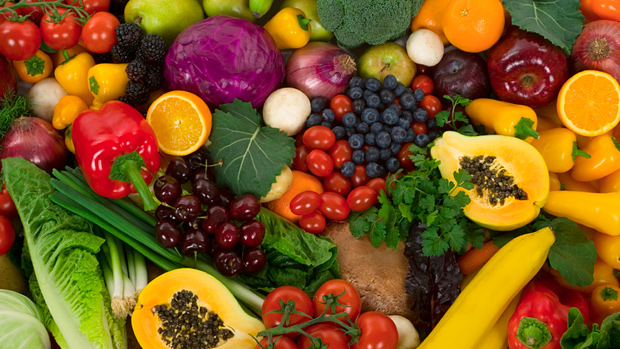Everybody Hates Dave
Dave stops every morning at a donut shop to get breakfast. A couple of chocolate covered donuts and a coffee with a few packets of sugar added. Lunch isn't much better, and his go-to snack is a candy bar and a Coke. For dinner Dave eats any damn thing he wants.
And Dave, that sonuvabitch, has great abs. Everyone hates Dave because he likes to rub his dietary anomaly status in our faces.
Well, time for a wake-up call, Dave. Those mutant X-Men genes can't save you. Turns out, skinny dudes aren't out of the woods when it comes to cardiovascular health. And the culprit is somewhat unexpected – it's sugar, not dietary fat.
The Study
Researchers out of the University of Surrey found that otherwise healthy men who ate a lot of sugar had increased levels of fat in their blood and fat stored in their livers.
Scientists took two groups of men, one group with high levels of liver fat and one group with low levels, and fed them a high sugar diet (650 calories of sugar daily).
After 12 weeks, those with high levels of liver fat experienced further disruptions in their fat metabolism, which is the process by which fats are broken down in the blood and used by the cells. These guys already had or were bordering on getting non-alcoholic fatty liver disease, the most common chronic liver ailment. After eating the sugary diet, they showed an increased risk of cardiovascular disease, heart attacks, and strokes.
The healthier men who ate the high-sugar diet also saw an increase in liver fat and began to show signs of fat metabolism issues and pending liver problems.
What This Means to You
It's easy for young, naturally ectomorphic folks to ignore their diets. Why worry if you can eat what you want and not get fat, right? This study shows that high sugar intake will come back to bite them in their skinny butts.
The study is also a reminder that despite the common belief that dietary fat is the Hitler of heart disease, and that fatty liver disease has the word "fatty" in it, the big bad guy here is sugar, as it typically is. That makes sense since insulin resistance plays a big role in liver diseases.
Reference
- A. Margot Umpleby, et al. Impact of liver fat on the differential partitioning of hepatic triacylglycerol into VLDL subclasses on high and low sugar diets. Clinical Science, 2017; CS20171208 DOI: 10.1042/CS20171208





